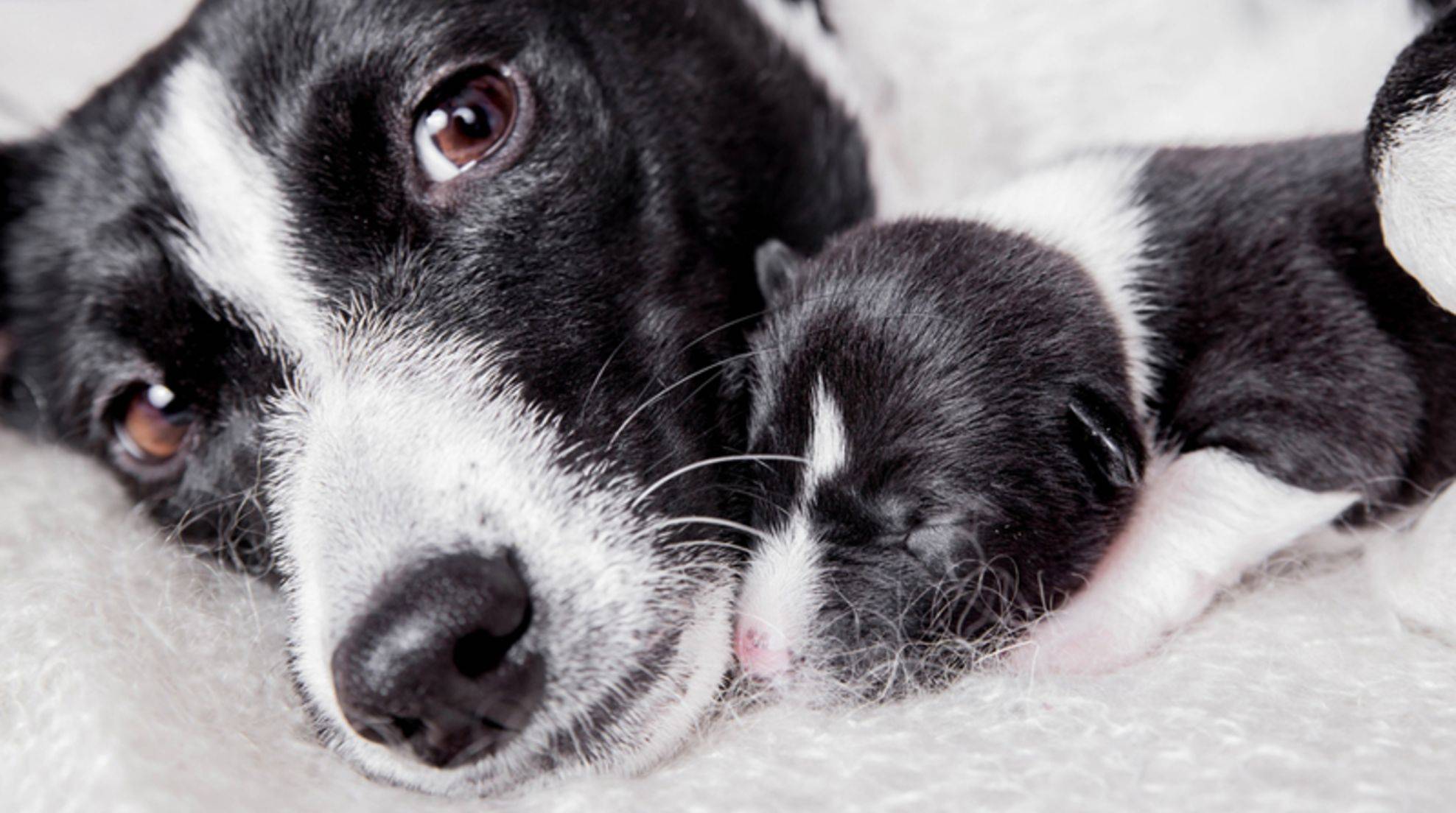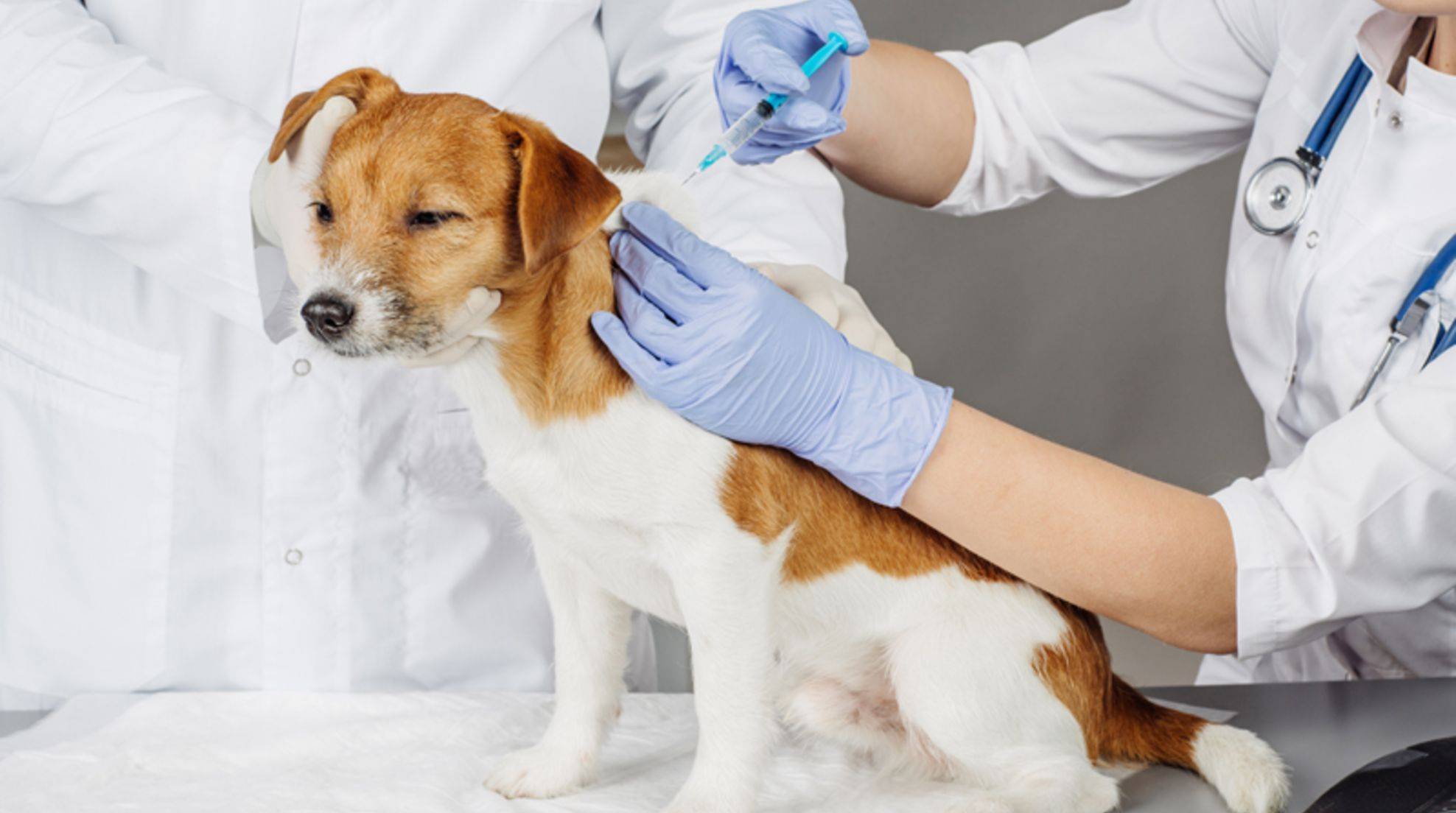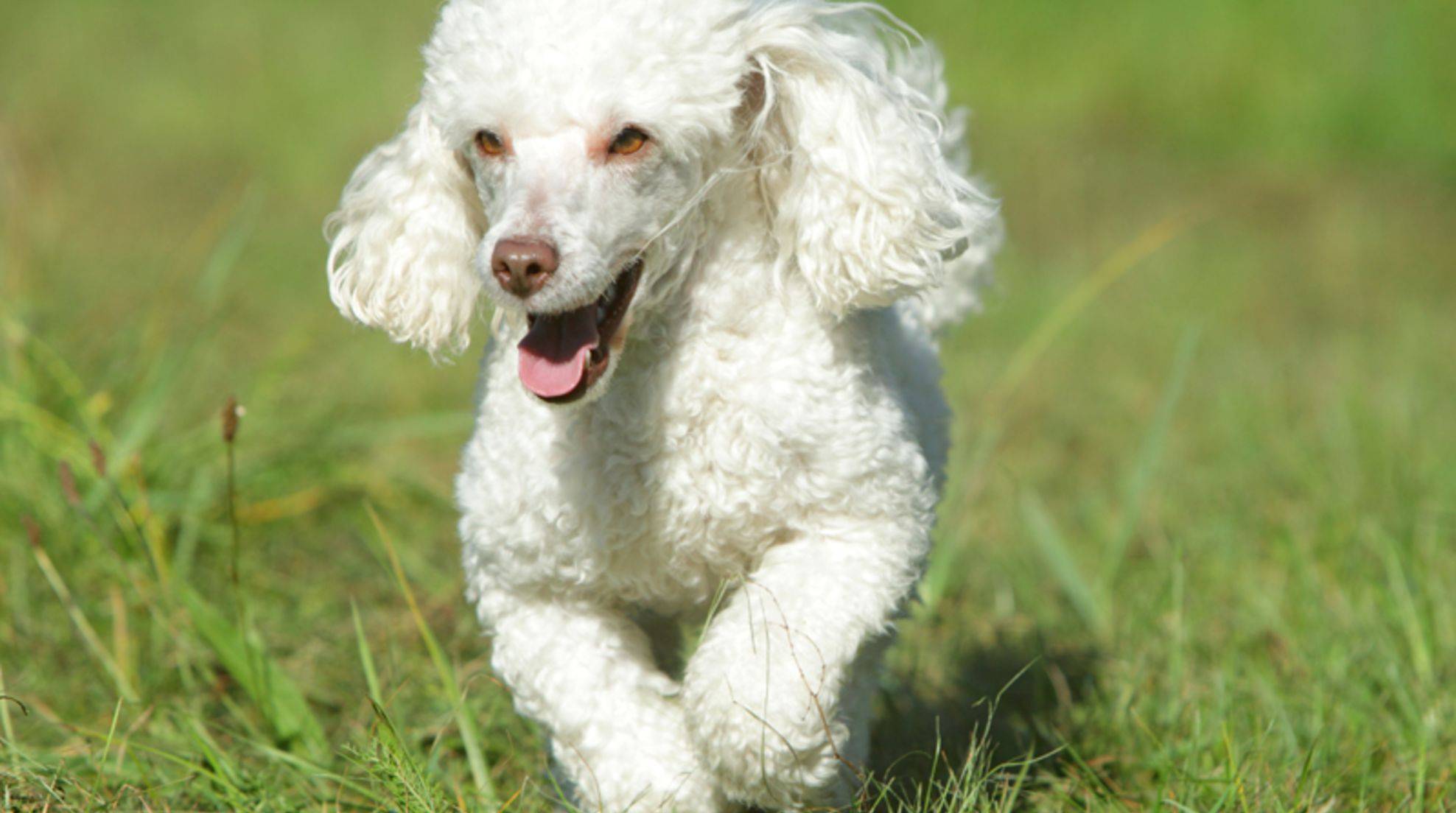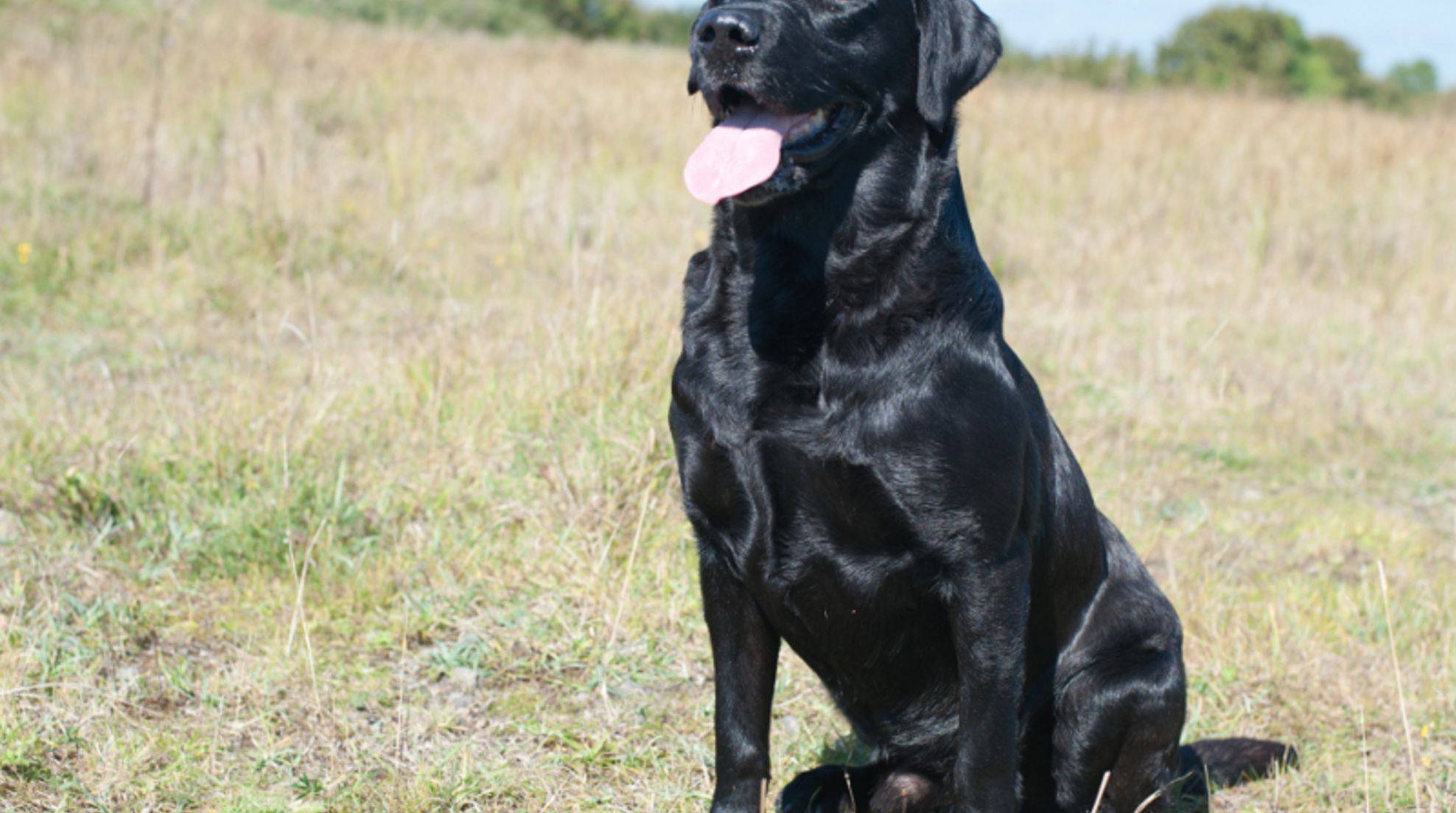Herpes in dogs: vaccination against puppy deaths
Herpes in dogs is especially dangerous for puppies – not for nothing is an infection with the Canine Herpes Virus, also called “puppy death.”
Canine herpes is harmless to humans, and even adult cold sores usually cope well with the infection. However, for newborn puppies, infection with the virus is almost always fatal.
Cause of herpes in dogs: The Canine Herpes Virus
The pathogen CHV-1 is the most common trigger for dogs’ so-called kennel cough and fertility problems. But the most dramatic effects of the herpes virus are on puppies – they usually do not survive an infection.
About ten percent of all dogs in single ownership are infected with the virus, often without symptoms. However, if many animals live together in close quarters, 50 to 100 percent of them can be shown to have a past infection.
This herpes virus only affects dogs, so there is no danger to humans or other animals.
Infection and prevention
Herpes is shed in dogs through all body fluids. When sniffed or licked, the pathogen enters the immune system through the respiratory tract. Although less frequently than via the respiratory mucous membranes, the infection can also occur during mating. Puppies should be kept away from other dogs during the first few weeks to minimize disease risk.
The virus feels most comfortable at 35 to 36 degrees Celsius. Already at 38 to 39 degrees Celsius, the multiplication rate is reduced to such an extent that there is little danger from the herpes pathogens. Since fresh puppies tend to hypothermia, you offer the viruses perfect breeding conditions. Therefore, ensuring sufficient warmth in the whelping box – 38 degrees Celsius keeps the virus at bay and the little pelt noses snug and warm.
The dog herpes virus is also not particularly resistant in other respects: even average cleaning agents kill it. General cleanliness can therefore contribute a lot to the protection against CHV-1 and is very important, especially in dog groups.
Symptoms of herpes in adult dogs
Adult dogs often show no symptoms at all. The insidious thing about herpes is that it is a latent infection. The virus is always present after illness and is not curable – but it “sleeps” most of the time in the body and is only activated when the immune system weakens. This happens, for example, when the animals are stressed, pregnant or sick. As soon as the virus is active, the affected animals can infect their conspecifics.
If the herpes virus becomes active, rather diffuse symptoms can be observed:
● mild respiratory symptoms
● cough
● rhinitis
● eye discharge
● Discharge from vagina or foreskin.
When bitches first contact CHV-1 during pregnancy, they usually lose the puppies, or the pups are stillborn.
Symptoms of herpes in puppies
Puppies can become infected with herpes either in the womb, at birth, through the mother’s vaginal secretions, or later through other dogs. Depending on how old the puppies are, the consequences differ.
Puppies younger than three weeks almost always die after one to two days. Sometimes with no symptoms at all, sometimes with the following warning signs:
● Lack of sucking
● Diarrhea
● Whining
● Gagging and vomiting
Puppies between three and five weeks of age have slightly better chances of survival but often carry nerve damage. Herpes infection manifests in them by:
● sniffles
● Cough
● Eye discharge
● tremors
● Deafness
● Blindness
After the fifth week of life, puppies cope with herpes similarly to adult animals – no treatment is possible or necessary in adulthood.
Vaccination for pregnant bitches
To prevent puppy death, bitches can be vaccinated if they do not have antibodies due to a previous infection. Vaccination ensures that you pass on the immune protection to their babies through the blood and breast milk, so they are well protected for the first few weeks of life.
Vaccination is given during heat or seven to ten days after mating. Two weeks before the due date, there is a booster vaccination. This immunization is also necessary again for the next litter.








